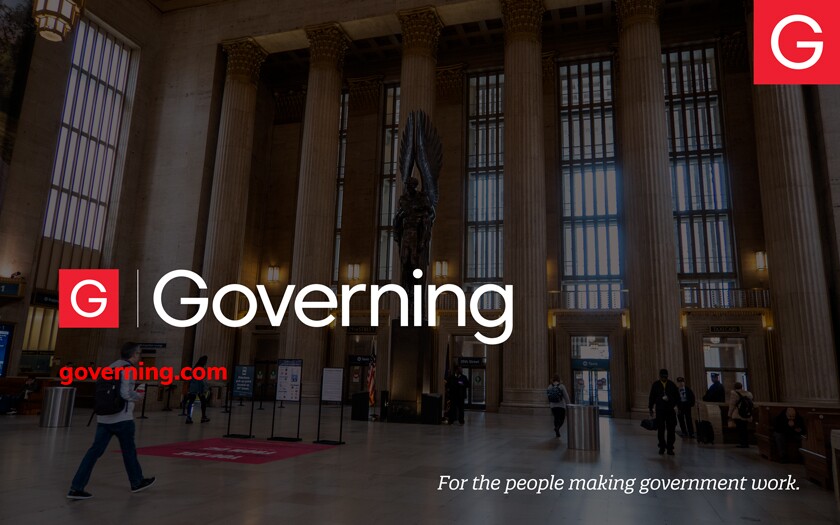In a 9-3 vote, Assembly members overturned Bronson's veto during a special meeting on Monday afternoon, Aug. 1. Members Jamie Allard, Kevin Cross and Randy Sulte voted against the override.
Assembly Vice Chair Chris Constant first proposed the ordinance in May. The mayor swiftly opposed it, comparing it to a "coup" and calling it a "blatant attack on the office of the mayor."
Constant said on Monday that "this ordinance is not intended to be implemented. It is intended to be on the books should the need arise."
Constant has said that some of the mayor's past actions — especially during a chaotic series of meetings over a mask mandate proposal — spurred him to draft the legislation. Constant also said he believes the mayor has substantially ignored city code since taking office.
The Assembly passed the measure on the process to remove a mayor last month, after hearing lengthy public testimony that had stretched over two previous meetings and came largely from Bronson's supporters, who rallied against it. Bronson had issued calls for residents to attend the meetings in a show of opposition.
Similar removal processes are already in city code for Assembly and school board members. The measure also added a process for the removal of officials elected to service area boards.
Bronson, in a previous statement explaining his veto, said the legislation conflicts with current municipal charter, "and is therefore unconstitutional." He also said the ordinance makes inconsistent assertions and has inconsistent definitions when it comes to a "breach of the public trust."
On Monday, the Assembly's legal counsel, Dean Gates, argued that assertions in Bronson's veto are faulty, referring to a section of the municipality's charter which states that the Assembly "shall" establish removal processes for elected officials.
"The charter does require the Assembly to create procedures for removal," Gates said. "But it doesn't say that the Assembly cannot define what it means to be a breach of the public trust."
Previously, a recall effort was the only way to remove an Anchorage mayor from office, aside from a regular election. The new city code does not change the public's power to recall a mayor, but rather adds a process by which the Assembly or municipal board of ethics could initiate removal proceedings.
Cross, who voted against the override, said he is concerned because in the event that an Assembly member is removed by the other members for a breach of public trust, the Assembly can still function normally. But the municipality does not have an elected second-in-command such as a vice mayor. Instead, the Assembly chair becomes acting mayor until a special or regular election is held, allowing the majority of members who vote to remove a mayor to then choose the acting mayor.
"It could create a lot of discord in a very short period of time," Cross said.
Other Assembly members view the ordinance as a necessary fulfillment of its obligation in municipal charter.
"This item isn't about any particular person. This is setting a process and procedure — one that applies to all of the elected officials named under the code," Assembly member Meg Zaletel said.
It should only be invoked in a situation with evidence of and a clear pattern of behavior "that rises to the level of abuse," or an action that the general public would recognize as unconscionable, Constant said.
"My message, again, to those future Assemblies and attorneys and hearing officers and judges — please don't allow this to be used in a way that is simply a political act, but instead for what it is intended," Constant said. "For when an elected official of this municipality does something so bad that it is time that they should be removed."
(c)2022 the Alaska Dispatch News (Anchorage, Alaska) Distributed by Tribune Content Agency, LLC.








